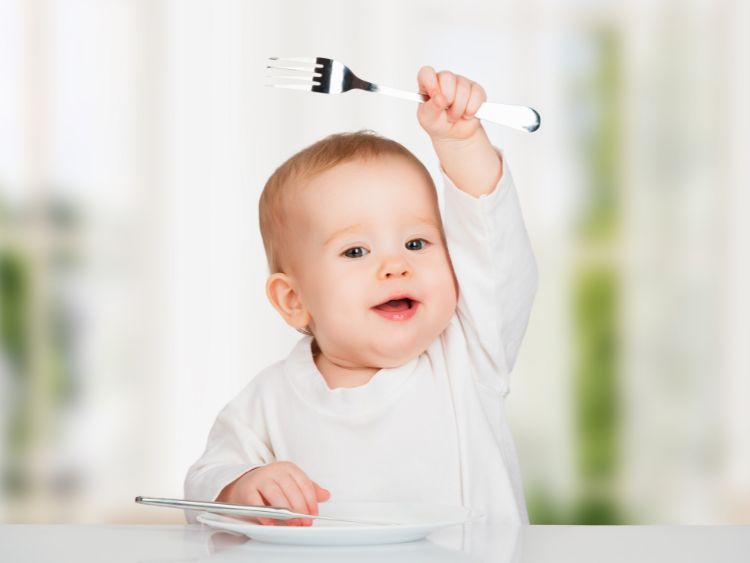Alright, let’s dive right into the world of baby food, specifically focusing on those little green gems—peas. Peas are not just a staple in adult diets but also play a starring role in the nutritional lineup for babies. This article unpacks everything you need to know about baby food peas, from their health benefits to how you can prepare them at home, and even addresses some common questions many parents have. So, buckle up and let’s get this pea party started!
Why Choose Peas for Baby Food?
Peas are a fantastic choice for baby food for a plethora of reasons:
- Nutrient-Rich: They are packed with vitamins A, C, K, and several B vitamins. Peas are also a great source of iron, calcium, magnesium, and phosphorus, essential for your baby’s overall growth and bone health.
- Naturally Sweet: Their natural sweetness makes them appealing to young palates, which can be particularly handy for parents introducing their baby to solids.
- High in Fiber: Peas contain a good amount of fiber, which helps to keep your baby’s digestive system running smoothly.
- Protein Content: They offer a healthy dose of protein, important for muscle development in growing babies.
- Allergy Friendly: Generally, peas are considered hypoallergenic, meaning they are one of the safer foods when it comes to triggering allergic reactions.
Nutritional Benefits of Baby Food Peas
Let’s break down the nutritional power of peas to see why they’re a superhero in the baby food world:
- Vitamin A: Essential for healthy eyesight and immune function.
- Vitamin C: Important for skin, muscle, and skeletal health.
- Vitamin K: Plays a critical role in bone health and wound healing.
- B Vitamins: Aid in energy production and the functioning of the nervous system.
- Minerals: Iron, calcium, and magnesium contribute to the development of strong bones and teeth, while iron also helps prevent anemia.
How to Prepare Baby Food Peas
Preparing baby food peas at home is simpler than you might think. Here’s how you can do it:
- Choose the Right Peas:
- Opt for fresh peas during the spring and summer months.
- Frozen peas are a great alternative as they retain most of their nutrients and are available year-round.
- Cooking:
- Boil or steam the peas until they are soft, usually about 10-15 minutes.
- Avoid adding salt, sugar, or any other seasonings.
- Pureeing:
- Blend the cooked peas in a food processor or blender until smooth.
- For older babies, you might opt for a chunkier texture by mashing the peas instead of blending them.
- Serving:
- Let the pea puree cool down before serving it to your baby.
- If the puree is too thick, you can thin it with a little breast milk, formula, or the water used for cooking the peas.
Creative Ways to Incorporate Peas into Your Baby’s Diet
Once your baby is ready for more complex textures and flavors, here are some creative ways to keep the pea game strong:
- Mix and Match: Combine pea puree with other vegetable or fruit purees like carrots, sweet potato, or apple.
- Peas and Proteins: Introduce your baby to meats by mixing pea puree with chicken or turkey.
- Cheesy Peas: Stir a little bit of grated cheese into the warm pea puree for older babies.
Common Concerns and FAQs About Baby Food Peas
Are peas a choking hazard for babies?
Not if they are prepared correctly. Always ensure peas are fully cooked and pureed to an appropriate texture for your baby’s eating stage.
Can I use canned peas?
It’s best to avoid canned peas as they often contain added salt and preservatives. Stick with fresh or frozen for the best nutritional benefits.
How do I store homemade pea puree?
You can store pea puree in the fridge in an airtight container for up to three days. For longer storage, freeze it in ice cube trays and then transfer the frozen cubes to a freezer bag, where they can be stored for up to three months.
Do peas cause gas in babies?
Peas can cause gas in some babies. If you notice your baby is particularly gassy after eating peas, try introducing them slowly and in small amounts.
Summary
Peas are more than just a side dish; they’re a superfood for babies, offering a wide array of nutrients essential for development. From purees to mixed meals, peas can be a versatile and delicious part of your baby’s diet. Just remember, the key to introducing any new food is to do it gradually and keep an eye out for any adverse reactions.







